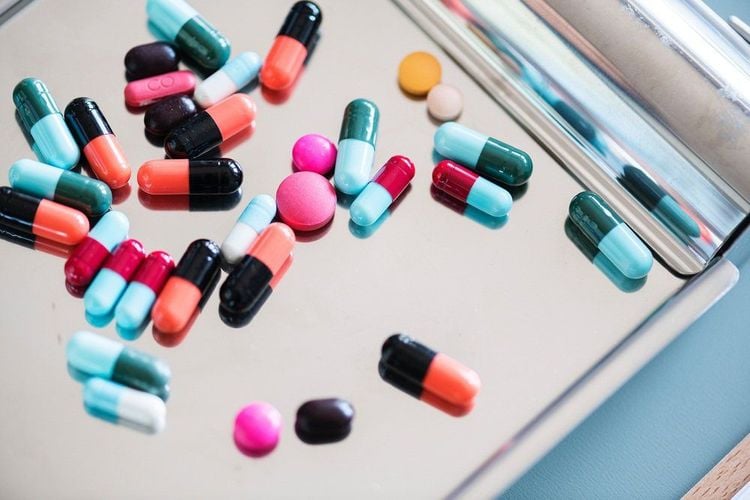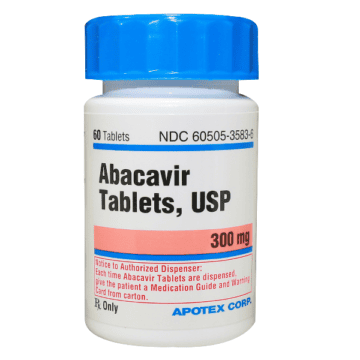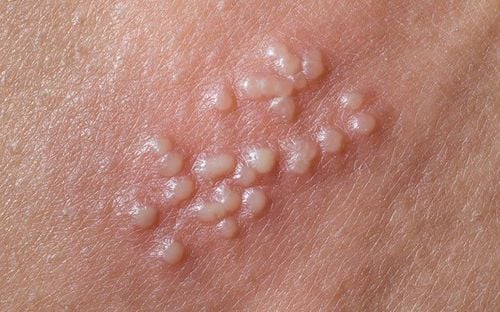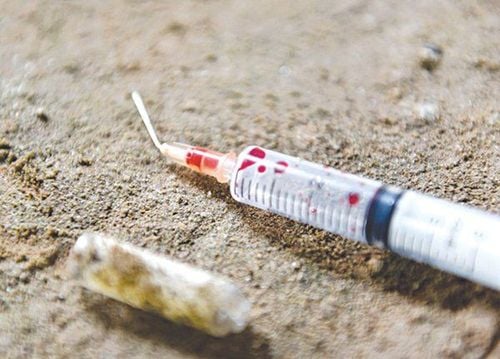This is an automatically translated article.
Medical advances in HIV treatment help people infected with the virus have a better quality of life and longer life expectancy. For most people, being infected with the HIV virus does not affect their ability to work, attend school or socialize..1. Does being infected with HIV mean you have AIDS?
Answer: That is wrong. Human immunodeficiency virus (HIV) is a virus that destroys CD4 immune cells that help fight disease in the body. With the right medicines, you can have HIV for years or decades without HIV progressing to AIDS. AIDS (acquired immunodeficiency syndrome) is diagnosed when you have HIV as well as certain opportunistic infections or your CD4 cell count drops below 200.2. Difficulty getting HIV from casual contacts
Answer: That is true. You cannot get HIV from hugging someone, using the same towel, or sharing a glass. It is very rare to get HIV from a blood transfusion because before a blood transfusion is performed, blood in the United States or Vietnam is checked very carefully. However, you can get the disease from having unprotected sex, sharing needles, or getting a tattoo from non-sterilized equipment.3. When you have HIV, you only have a few years to live
Answer: That is wrong. Because HIV drugs are now available, many people can live for decades with HIV and have a normal or near-normal life expectancy. You can help prevent HIV from progressing to AIDS by seeing your doctor regularly, taking medications, and following your doctor's instructions.
Bạn có thể giúp ngăn ngừa HIV tiến triển thành AIDS bằng cách đi khám bác sĩ thường xuyên, uống thuốc và làm theo hướng dẫn của bác sĩ
4. You will know when you have HIV because you have typical symptoms
Answer: That is wrong. Some people show no signs of HIV for many years after becoming infected. However, many people may have some symptoms within 10 days to several weeks of being infected. These first symptoms are similar to flu or infectious mononucleosis and may include fever, swollen lymph nodes, sore throat, rash, and muscle aches. These symptoms usually go away after a few weeks, and you may not have them for several years. The only way to be sure you have HIV is to get a blood test.5. HIV can be cured
Answer: That is wrong. There is currently no cure for HIV, and in most cases treatment can control your viral load and help maintain your immune system. Some drugs interfere with the HIV protein that copies itself, and others block the virus from entering or inserting its genetic material into your immune cells. All people with HIV should start antiretroviral therapy. Your doctor will tell you which medication is best for you.6. Anyone can get HIV
Answer: This is true. Approximately 37,600 people in the United States become infected with HIV each year, and more than 12,000 people with AIDS die each year. Anyone can get HIV, including men, women and children, and homosexuals. Sex between men and men accounts for about 26,300 new HIV infections each year, while women account for about 7,400 new infections. African Americans have the highest number of people living with HIV compared to other races and ethnicities.7. Safe sex even if you both have HIV
Answer: That is true. Even if you and your partner both have HIV, that doesn't mean you should forget about protection while having sex. Using a condom or other latex barrier can help protect you from other STIs as well as other strains of HIV, which may be resistant to anti-HIV drugs. Even if you are receiving treatment and feel well, you can still infect others.8. You can have children even if you have HIV
Answer: That is true. An infected mother can pass HIV to her baby during pregnancy or delivery. But you can reduce this risk by talking to your doctor and getting the right care and medication. Pregnant women with HIV can take medication to treat the infection and help protect their baby against the virus.
Phụ nữ mang thai nhiễm HIV có thể dùng thuốc để điều trị nhiễm trùng và giúp bảo vệ em bé chống lại virus
9. You can't avoid other HIV-related infections
Answer: That is wrong. People with HIV may be more likely to develop infections such as pneumonia, tuberculosis, candidiasis, cytomegalovirus, and toxoplasmosis. The best way to reduce your risk is to take HIV medication. People with advanced HIV infection (AIDS) can prevent some of these infections with specific medications in addition to antiretroviral therapy. You can reduce your exposure to some germs by avoiding sources of contamination such as undercooked meat, contaminated water...10. You can't get drugs without insurance
Answer: That is wrong. There are government programs, nonprofit groups, and some drug companies that can help you cover the cost of HIV/AIDS medications.The social disease screening package at Vinmec International General Hospital helps customers visit and perform screening tests for HIV Ab rapid test, Chlamydia rapid test, Treponema pallidium rapid test, rapid test. Qualitative and quantitative Treponema pallidum TPHA test, bacteriological staining and endoscopic staining of mycobacteria to diagnose disease risk and provide treatment regimen.
Please dial HOTLINE for more information or register for an appointment HERE. Download MyVinmec app to make appointments faster and to manage your bookings easily.
Reference source: Webmd.com












